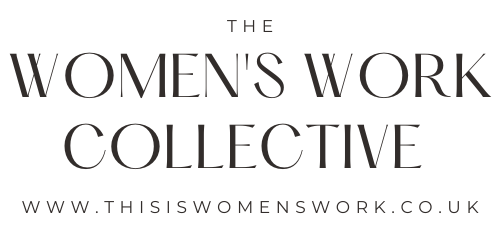The sciences always interested me when I was young and I always knew I wanted to help make the world a better place.
I stumbled across the exhibition Medicine Man in the Wellcome Collection and I realised I could help discover innovative ways of solving ever-evolving healthcare challenges.
I completed a two-month internship at MedImmune and a 12-month industry placement at Fujifilm Diosynth. Both of these experiences were real eye-openers of what a biochemical engineer can do in the biopharmaceutical industry.
Read more: My engineering career led me to write books encouraging children into STEM
When I went to university I studied biochemical engineering with bioprocess management at UCL.
What is a biochemical engineer?
A biochemical engineer utilises the knowledge of all three sciences (biology, chemistry and physics) to come up with new innovative ways of making the world a better place. Some may include (but not limited to):
- Discovering therapies/devices for complex healthcare challenges
- Developing innovative manufacturing processes to produce therapies/devices with a cost-efficient and robust manner
- Developing eco-friendly ways for the manufacture of detergents, soaps, perfumes, make-up etc
- Generating new effective ways of manufacturing and developing alternatives to agricultural produce.
What I love about my job
The job satisfaction. It’s fast-paced, collaborative and it’s never the same each day. I am part of a team who is responsible for ensuring the safe delivery of medicine, ensuring it meets our quality expectations. This is incredibly satisfying and aligns with my values of making the world a better place. I’m making a real difference!
Overcoming challenges
I found it scary changing from an academic environment to a corporate/commercial environment.
Being responsible for your own education is very different from being responsible for the delivery of medicines. Never be afraid to say “I don’t know”, “Can you repeat that for me please?” or “I’m not sure what you mean?”.
Every graduate engineer goes through a steep learning curve. There is never a right or wrong answer because each challenge is different or never seen before. Multiple perspectives are required to achieve the tough challenges we face today and that includes you.
My advice
I would highly recommend internships/placements, exhibitions and attending guest lectures at universities. Not only is it great for job applications but it’s vital to understand if you’d see yourself fitting into the biochemical engineering industry. This will give you better clarity for your future career path.
Be open to new opportunities and remember to be a sponge! Soak up all the new knowledge as you’ll get a better perspective with a wider bandwidth of understanding. You would be surprised at what you’ll learn until you try. Throw yourself in the deep end. Learning is only achieved when you put yourself out of your comfort zone.
It can sometimes be a daunting experience in trying to figure out what you want to become and what you want to work towards. No one ever has it all figured out. Be sure to keep your mind open to new opportunities.

